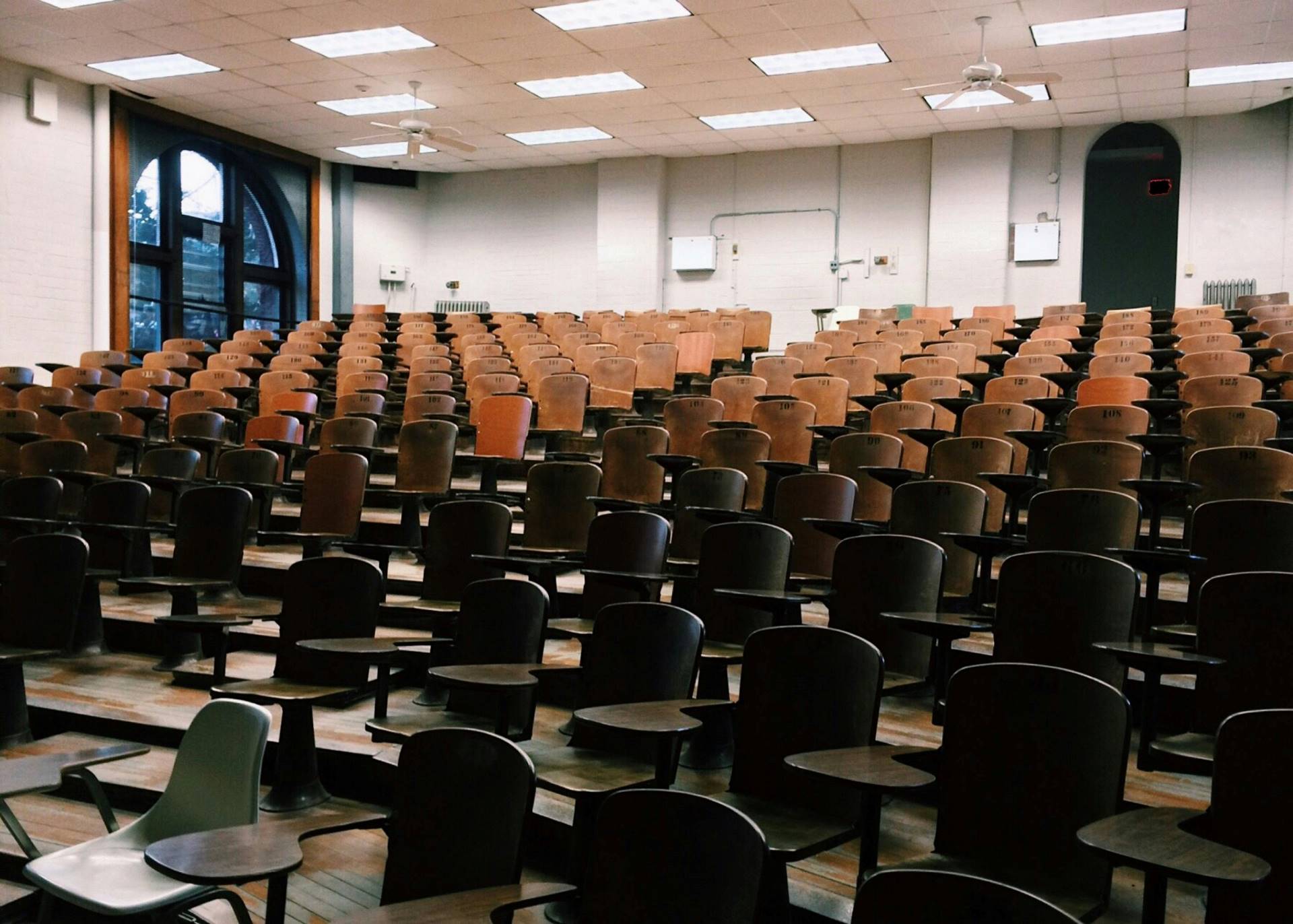OPINIONS
Anna Kynthia Bousdoukou
December 5 2024
Universities have many functions, which was one of the reasons why, in The Uses of the University (1966), Clark Kerr coined the term ‘multiversity’ as a preferable descriptor. Two obvious functions are research and teaching. The former includes ‘blue skies’ research, research for socially and economically useful purposes, and research that produces new social and cultural insights. They teach the fundamentals of different disciplines, as well as skills of argument and analysis that transcend disciplines. In doing so they bring together students from different backgrounds and introduce them to disagreement and deliberative dialogue, but also to collective action in the name of different causes, including some directed at the university itself.
This is the context in which free speech on campus must be practiced and supported by university managers and faculty representative bodies. My fellow, John Tomasi has described their dilemma thus: ‘Is the university a community of imperfect learners, brought together to enlarge their understanding through conversation and study? Or is the university yet another engine for social activism, where raw power determines which political view the university supports?’
But this misrepresents the significance of conflict and activism within the university – assigning it to the exercise of ‘raw power’, rather than to a dialectic of consensus and conflict through which the university has grown and become more inclusive. How should we represent past exclusions? ‘Suave power’, perhaps!
Following the lead of Kerr’s functionalist analysis, we might discern a few relevant principles that apply to the different roles of academic and student, and also to the different spaces encompassed within the multiversity. In the UK, for example, it would be common to distinguish between ‘academic freedom’ and ‘free speech’, the one considered, the other noisy.
The exercise of academic freedom is dependent on professional norms regarding, inter alia, the conduct of research and teaching. In the former, these involve the freedom to choose one’s own topic but to be committed to the use of fair argument and evidence, as well as subjecting the outcome of research to peer review. The latter may involve ‘gatekeepers’ that frustrate, but the standard response has been to create new vehicles of publication and associations that establish their own publicly acknowledged standards.
The norms of teaching enjoin the creation of a space for dialogue and disagreement. This will not be a safe space where students are secure from challenge, but a civil space. The obligation on teachers is create the conditions where existing ideas can be challenged, but also to be open themselves to challenge. There is a necessary symmetry of dialogue, notwithstanding any asymmetry of knowledge and experience between teacher and student (though the latter may bring new experience into the classroom).
But knowledge does not stay in the classroom. Reflection is a prelude to action and engagement. Outside of research and the classroom, norms of free speech over-ride the norms necessary to promote understanding. Here what counts is speech and activism within the law. Most of the attacks upon universities for denying free speech are from powerful groups outside the university, claiming that universities represent the opinions of a minority.
They forget the defence of free speech provided by John Stuart Mill in On Liberty, where he argued that, ‘unmeasured vituperation employed on the side of prevailing opinion, really does deter people from professing contrary opinions, and from listening to those who profess them. For the interest of truth and justice, it is far more important to restrain this employment of vituperative language than the other.’
Defence of universities as places of dialogue and learning requires a precise understanding of the risks posed by ‘raw power’ and just who exercises that power.



